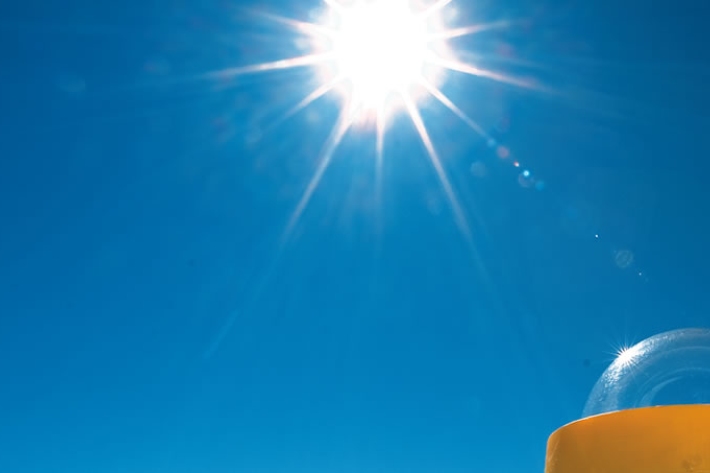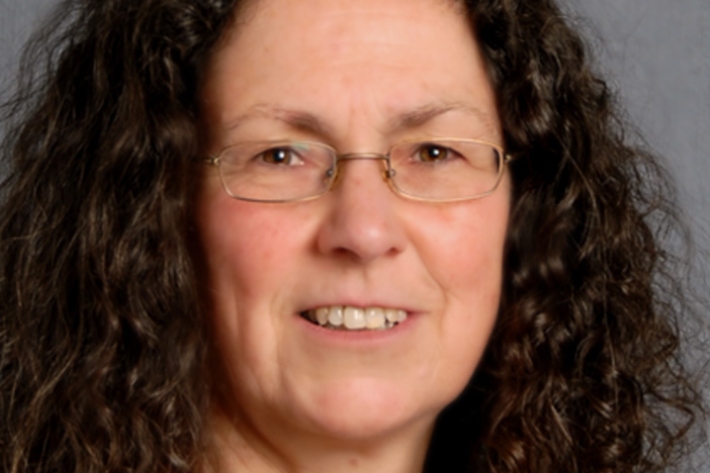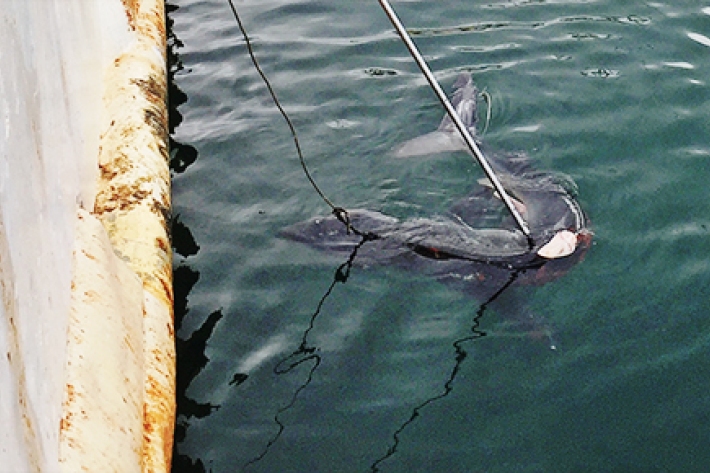-

Auckland students gear up for science fair
Media release30 August 2018First-time science fair entrants Oliver Gunson and Jayden Kumar are on a mission to help reduce skin cancer rates caused by New Zealand’s harsh sun. -

Know your dolphin by the fin, says NIWA scientist
Media release23 August 2018Identifying dolphins using photos of the unique pigment patterns on their fins can be used to help in the management of a species, says a NIWA scientist. -

School student examines expired sunscreens
Media release23 August 2018A 13-year-old Waikato school student has been testing his mother’s assurance that sunscreens past their expiry dates are still effective. -
Students tackle high skin cancer rates
Media release23 August 2018A group of year 12 students in South Auckland has been tackling one of New Zealand’s biggest health issues – our high skin cancer rate. -

Schoolgirl invents environmentally friendly dog pooper scooper
Media release14 August 2018A Tauranga school student has solved a crucial problem for dog owners in the face of a ban on plastic bags. -

Community project inspires scientists
Media release06 August 2018A project to restore a stream catchment in Kaikōura—damaged in the 2016 earthquake—is being described as inspirational by NIWA scientists. -

Scientist fills holes in Swiss cheese
Media release02 August 2018What do taewa Māori (Māori potatoes) and Swiss cheese have in common? For NIWA social scientist Stephen FitzHerbert it’s much more than a tasty snack. -

From small beginnings a valuable collection grows
Media release24 July 2018Cathy Kilroy is quick to admit she’s a person who doesn’t like throwing anything away. -

Councils get help to prepare for sea-level rise
Media release18 July 2018A senior NIWA scientist is concerned many councils are having difficulty “getting off the starting blocks” when it comes to planning for coastal climate change. -

Wellington’s whale may be a good sign, says NIWA
Media release09 July 2018Wellington’s whale may be a sign they are returning to their historical habitat, says NIWA. -

Warmth dramatically outpaces chill so far this year
Media release04 July 2018It's a story of the warm and the wet. -

Shark conservation one watermelon at a time
Media release02 July 2018Warrick Lyon is heading to the Marshall Islands to teach fisheries observers how to tag sharks.

